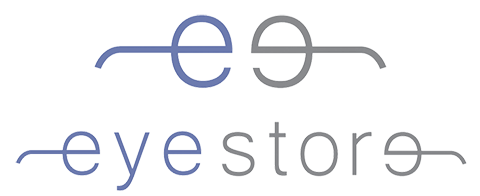Preparing for Your Eye Test

You may be getting routine eye tests or you may be following a recommendation to see an optometrist after a vision screening at a local clinic or wellness centre. Or, perhaps you’re seeing your optometrists as a response to a vision problem or eye discomfort.
No matter the reason, there are things you should know prior to your appointment and may need to prepare accordingly.
The more you know going in, the easier the vision care process will be.
For regularly scheduled eye tests, expect to talk about any changes in your medical history since your last visit to your optometrist. And if this is your first time in a new practice, you’ll be asked to provide a more complete medical history, including a list of medications you’re currently taking and any vision problems your parents may have experienced.
You’ll undergo a series of vision and eye tests to help determine the overall health and quality of your vision. These tests also check that your current prescription glasses or contacts (if you have them) are still meeting your vision needs. Your optometrist will also check your eyes for signs of any potential vision problems or eye diseases. In many instances, your pupil may be dilated (opened) using special drops so that your optometrist has a clearer view to evaluate the structures inside the eye.
You’ll then have an honest discussion about the current state of your eye health and vision and your optometrist may prescribe vision correction for you in the form of glasses or contact lenses. Any health concerns or possibly serious vision complications will also be discussed, including the next steps you must take to preserve and protect your sight.
How Long Does a Vision Test Take?
In general, a routine eye test will last 30 minutes to an hour depending on the number of tests you have. Note that it may be partially or completely covered by Medicare.
Getting a comprehensive eye test following a vision screening is also common, as vision screenings offered by health clinics, paediatricians, public schools or local charitable organisations offer a very superficial eye evaluation. They are no substitute for comprehensive eye tests.
Optometry visits due to eye pain, eye discomfort or changes in vision involve many of the same steps included in a routine eye test but are more specific to your symptoms. Because your optometrist may require you to undergo a number of evaluations or tests to best diagnose and/or treat your issue, make sure to set aside at least 1-2 hours for your appointment.
Things to Remember For Your Appointment With the Optometrist
Many vision problems and serious vision-robbing eye diseases often present minimal, if any, symptoms in their early stages. That’s why it’s so important to regularly visit your optometrist. And since vision can change gradually over time, it’s important to know that you’re seeing your best, year after year.
Remember the following for your next optometrist visit:
- Know your medical history and list of current medications
- Know your current symptoms and be able to describe them—write them down if necessary
- Know your family general health and eye history—eye diseases like glaucoma, macular degeneration and cataracts are hereditary
- Bring your Medicare card and private health fund card, if you have one
- Bring your most recent prescription for glasses or contact lenses
- Bring your corrective eyewear, including any specific reading/computer glasses and sunglasses
- If undergoing a test using pupil dilation eye drops, bring sunglasses and possibly arrange for someone to drive you home afterward.
We are here to help you see your best. Contact our practice at your convenience to schedule your next appointment.
